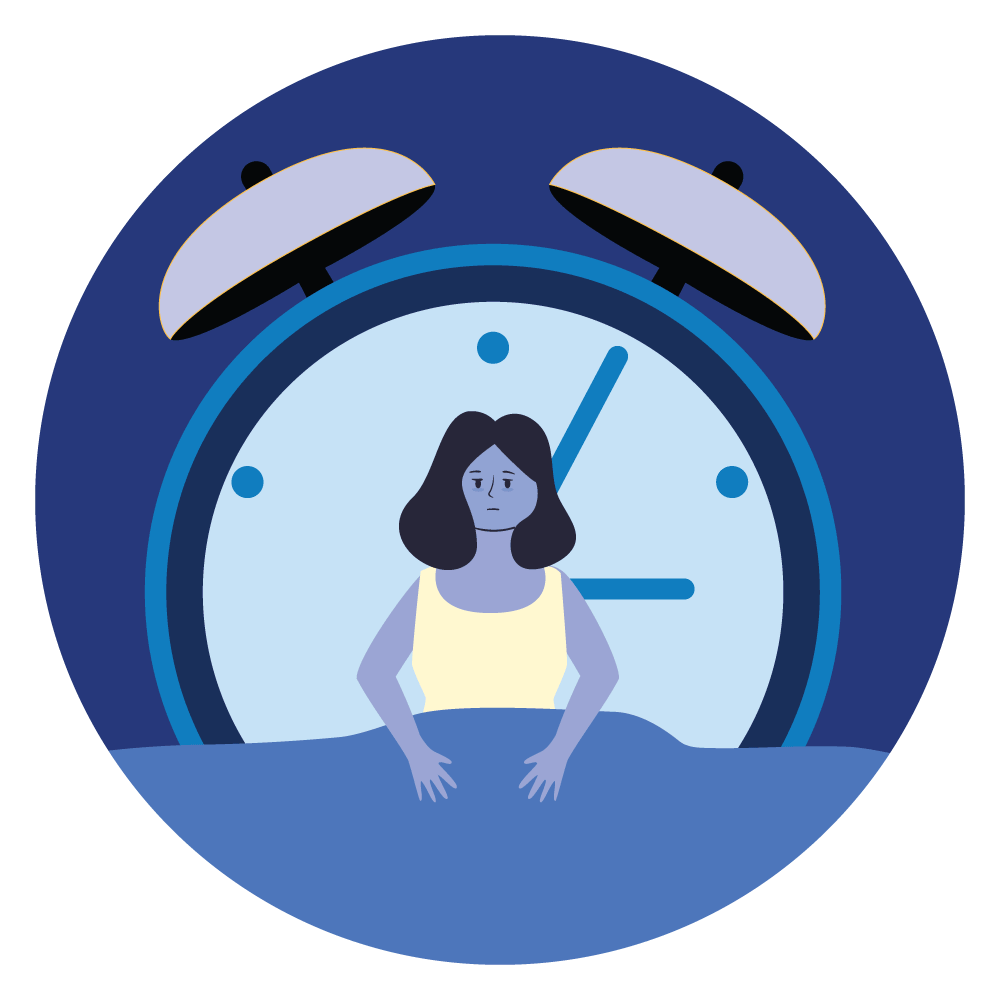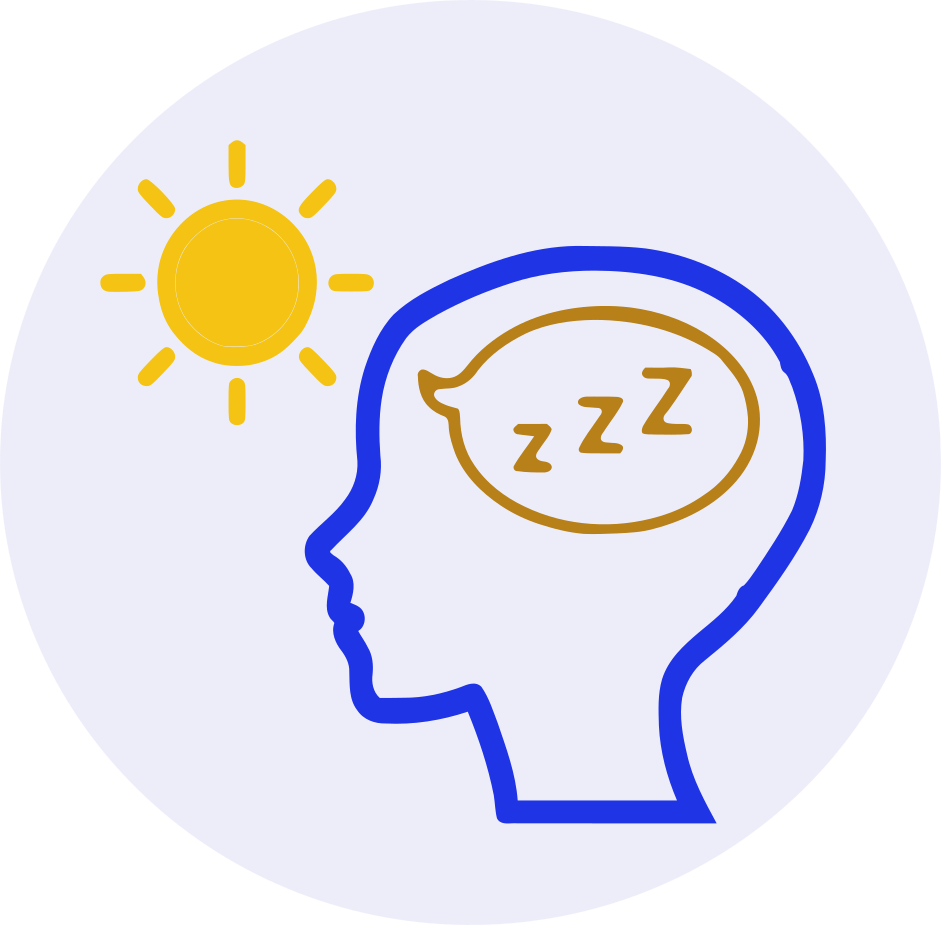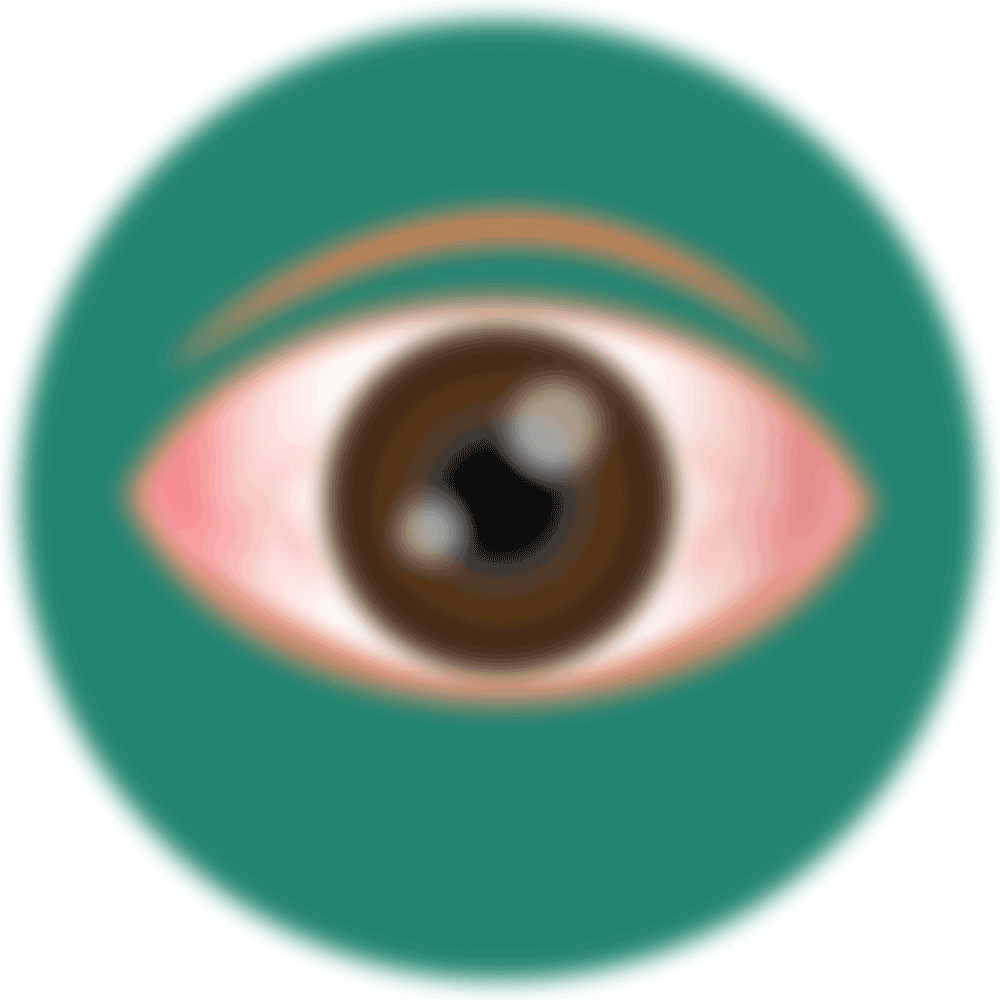| Name | Zaleplone |
| Classes |
Central Nervous System Agent Psychotherapeutic Agent Anxiolytic Sedative and Hypnotic |
| Diseases |
CNS Disorder Insomnia (Difficulty in Falling asleep) |
Zaleplone
Zaleplone is non benzodiazepine GABA-A agonist. GABA receptors when stimulated produces inhibitory effects on other neuronal signals.
Zaleplone is indicated for the treatment of short term insomnia.
Zaleplone dosage should be tailored to the individual. Zaleplone is recommended for most non-elderly adults at a dose of 10 mg. For some people who are underweight, 5 mg may be enough. Although the risk of certain adverse events associated with Zaleplone appears to be dose dependent, the 20 mg dose has been shown to be well tolerated and may be considered for the occasional patient who does not benefit from a lower dose trial. Doses greater than 20 mg have not been thoroughly evaluated and are not recommended.
Most common side effects of zaleplone are-
- Drowsiness
- Dizziness
- Diarrhea
- Blurred vision
- Zaleplon should be taken right before bedtime or after the patient has gone to bed and is having trouble falling asleep. As with all sedative/hypnotic medications, taking Zaleplon while awake may cause short-term memory loss, hallucinations, impaired coordination, dizziness, and lightheadedness.
- Impaired motor and/or cognitive performance after repeated exposure to sedative/hypnotic drugs, as well as unusual sensitivity to these drugs, is a concern in the treatment of elderly and/or debilitated patients. For elderly patients, a dose of 5 mg is recommended to reduce the possibility of side effects. Patients who are elderly or disabled should be closely monitored.
- Zaleplon's clinical experience in patients with concurrent systemic illness is limited. Zaleplon should be used with caution in patients who have diseases or conditions that may impair metabolism or hemodynamic responses.
- Sedative-hypnotics have been reported to worsen depression, including suicidal thoughts and actions (including completed suicides), in primarily depressed patients. Zaleplon, like other sedative/hypnotic drugs, should be used with caution in patients who show signs or symptoms of depression. Suicidal tendencies may exist in such patients, necessitating protective measures. Intentional overdosage is more common in this group of patients; thus, the smallest amount of drug possible should be prescribed for the patient at any given time.
Contraindication
Hypersensitivity to zaleplon or any excipients in the formulation.
None known.
Zaleplon is contraindicated in patients:
- who have experienced complex sleep behaviors after taking Zaleplon
 Bangla
Bangla English
English



